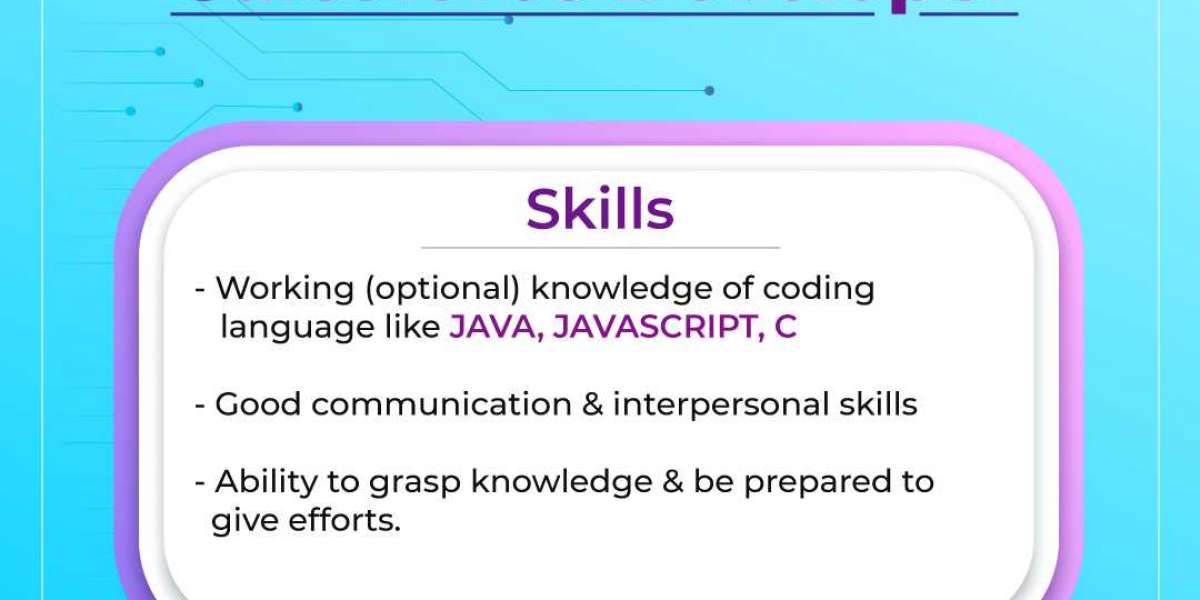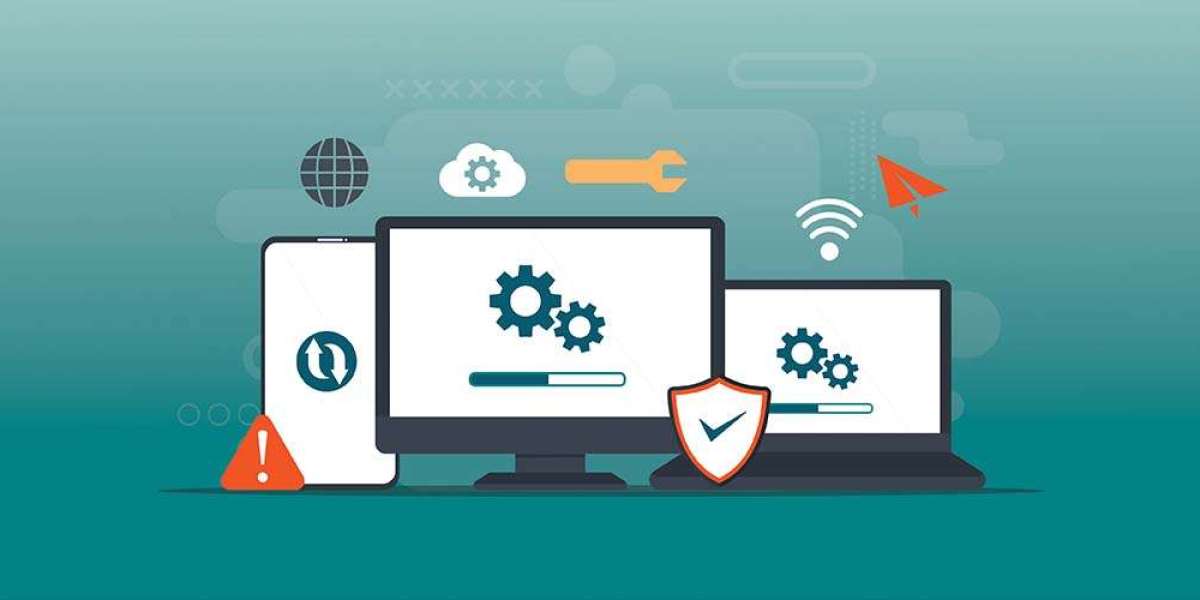Salesforce is a popular customer relationship management (CRM) platform that provides businesses with a range of tools and features to manage their sales, customer service, and marketing efforts. As the use of Salesforce continues to grow, so does the demand for skilled professionals to work with the platform. In this blog, we'll explore the different job roles available in the Salesforce ecosystem and their responsibilities.
- Salesforce Administrator
Salesforce Administrators are responsible for managing user accounts, customizing the system to meet business needs, and ensuring data integrity. They play a crucial role in the implementation and ongoing success of Salesforce within an organization. Some of the key responsibilities of a Salesforce Administrator include:
- Creating and managing user accounts, profiles, and roles
- Setting up and customizing the Salesforce interface to meet the needs of the business
- Maintaining data quality by implementing data validation rules and ensuring data is entered correctly
- Providing user support and training on how to use Salesforce
- Implementing and maintaining security and access controls
- Monitoring the performance of the system and making recommendations for improvements
- Salesforce Developer
Salesforce Developers are responsible for developing custom solutions, integrations, and applications on the Salesforce platform. They work closely with businesses to understand their requirements and build custom solutions to meet those needs. Some of the key responsibilities of a Salesforce Developer include:
- Designing and building custom solutions on the Salesforce platform using Apex and Visualforce
- Integrating Salesforce with other systems and applications
- Developing custom reports and dashboards to meet the specific needs of the business
- Debugging and fixing any issues with the platform
- Participating in code reviews and ensuring that the code is maintainable and scalable
- Salesforce Consultant
Salesforce Consultants provide expert advice and guidance to organizations on how to optimize their use of Salesforce. They help businesses understand the full potential of the platform and how it can help them achieve their goals. Some of the key responsibilities of a Salesforce Consultant include:
- Assessing the current state of a business's Salesforce implementation and making recommendations for improvement
- Providing guidance on how to use Salesforce to meet specific business requirements
- Helping businesses understand the full range of features and capabilities of Salesforce
- Providing training and support on how to use Salesforce effectively
- Working with businesses to define and implement best practices for using Salesforce
- Salesforce Business Analyst
Salesforce Business Analysts are responsible for analyzing business requirements and providing solutions using the Salesforce platform. They work closely with businesses to understand their needs and help design and implement custom solutions to meet those needs. Some of the key responsibilities of a Salesforce Business Analyst include:
- Analyzing business requirements and creating detailed specifications for custom solutions
- Working with Salesforce Developers to design and implement custom solutions
- Providing training and support to end-users on how to use custom solutions
- Providing ongoing support and maintenance for custom solutions
- Participating in the testing and quality assurance of custom solutions
- Salesforce Project Manager
Salesforce Project Managers are responsible for managing the implementation of Salesforce projects within an organization. They work closely with businesses to understand their needs, plan and manage the implementation of the platform, and ensure that it is delivered on time and within budget. Some of the key responsibilities of a Salesforce Project Manager include:
- Planning and managing the implementation of Salesforce projects
- Working with business stakeholders to understand their requirements and ensure that the project meets those requirements
- Managing the budget and timeline for the project
- Coordinating with other teams, including Salesforce Administrators
Founded in 2015, Premium Learning Systems have established a strong foothold in the domain of training with our phenomenal results. Till date, more than 25,000 students have been a part of this journey that has enhanced their skills and enlightened their career paths.
We offer a Career Accelerator Program (C.A.P.) which is an intensive 10+ week online training program conducted by Premium Learnings to enable professionals in the Salesforce ITIndustry.
For any Queries Contact us We offer a Career Accelerator Program (C.A.P.) which is an intensive 10+ week online training program conducted by Premium Learnings to enable professionals in the Salesforce ITIndustry.
For any Queries Contact us
https://premiumlearnings.com/contact-form/?utm_source=blogsharingutm_medium=veviozdhanashree
If you are interested in Salesforce , you can join our Career Accelerator Program (C.A.P).Click the link and join the course: https://www.premiumlearnings.com/cap/?utm_source=blogsharingutm_medium=veviozdhanashree



